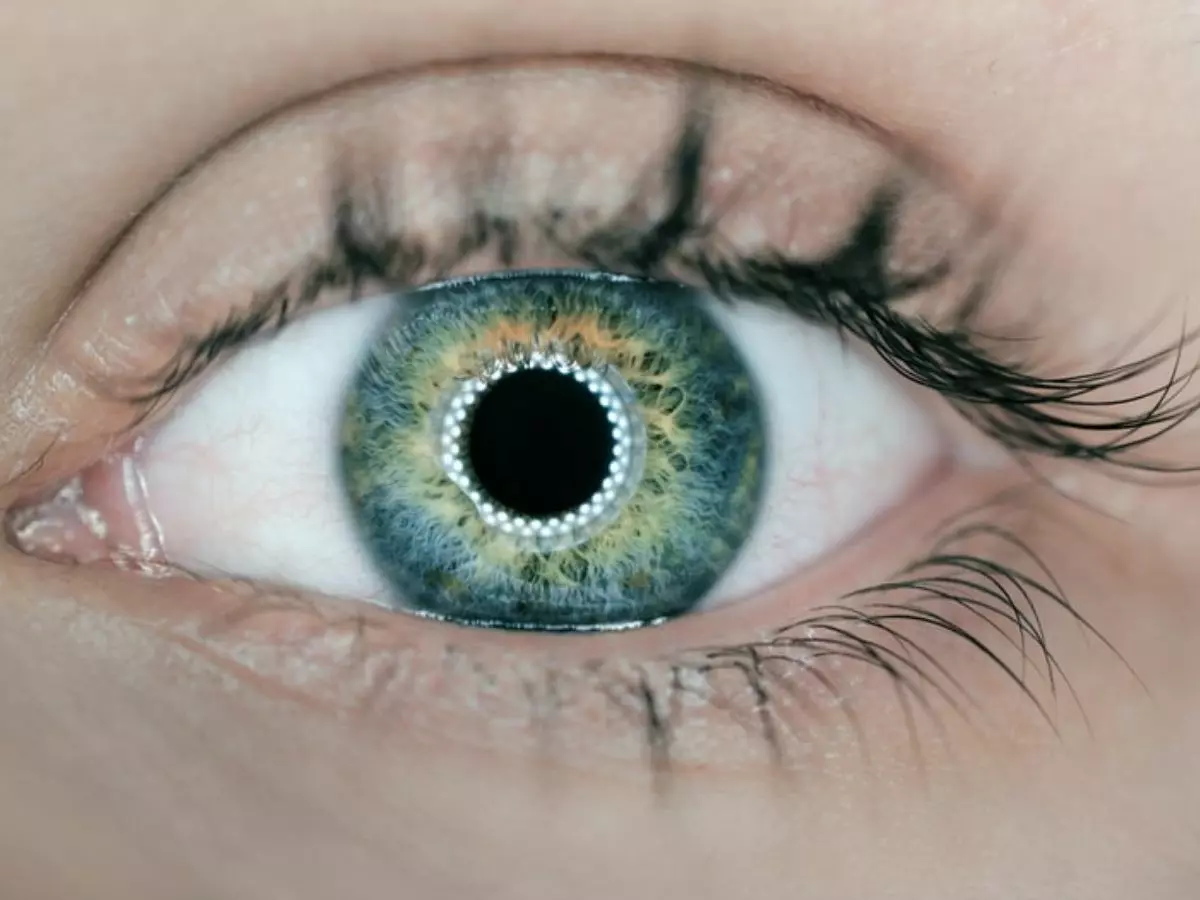New AI System Can Detect Heart Disease Risk Using Patient's Eye Scans: Here's How
The AI system identified associations between pathology in the retina and changes in the patient¡¯s heart.

Scientists have developed an AI system that can detect if an individual is at a high risk of a heart attack based on just an eye scan.
 Unsplash
Unsplash
Also Read: Indian-Origin Engineer Creates AI-Based Eye Scanner To Detect Diabetes With 95% Accuracy
Doctors have discovered that changes to tiny blood vessels in the retina are indicators of vascular disease that also affect the heart.
The study led by the University of Leeds trained an AI using deep learning techniques to make the system automatically read retinal scans -- similar to those collected at a regular optician -- and identify those who were likely to have a heart attack.
For the deep learning data, they used retinal and cardiac scans from over 5,000 people (taken from the UK Biobank). The AI system identified associations between pathology in the retina and changes in the patient¡¯s heart. After the pattern was understood, the AI system was easily able to estimate the size and pumping efficiency of the left ventricle of the heart, just from retinal scans. As of now, only tests like echocardiography or MRI of the heart can determine that.
Researchers claim that the AI system has an accuracy of 70 to 80 percent and can be used as a second referral mechanism for in-depth cardiovascular investigation.
 Unsplash
Unsplash
Also Read: How Much For Your Data? This Company Gives Free Crypto For Your Eye Scan Data
Professor Alex Frangi, from the University of Leeds and is a Turing Fellow at the Alan Turing Institute, who supervised the research, said: "This technique opens up the possibility of revolutionising the screening of cardiac disease. Retinal scans are comparatively cheap and routinely used in many opticians practises. As a result of automated screening, patients who are at high risk of becoming ill could be referred to specialist cardiac services. The scans could also be used to track the early signs of heart disease."
Keep reading Indiatimes.com for the latest science and technology news.








